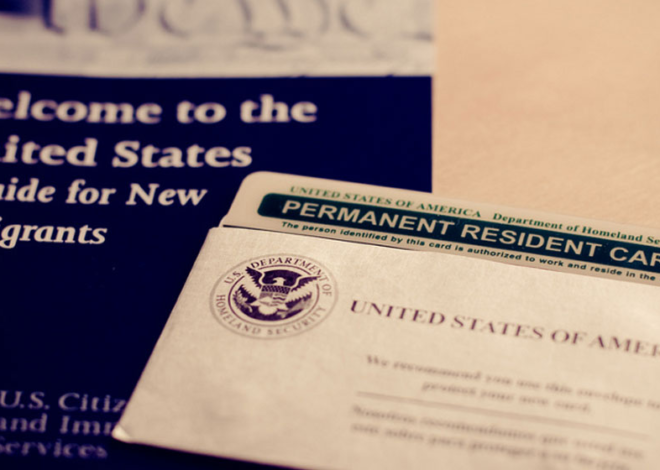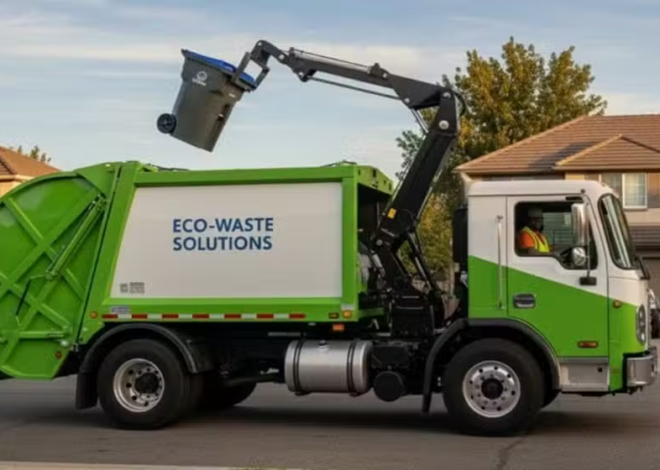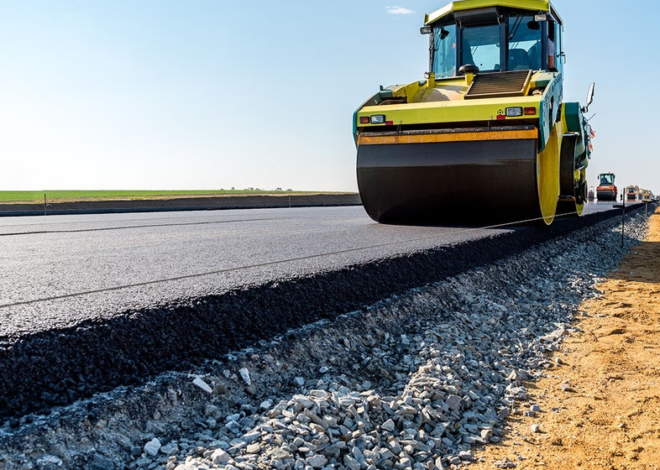
WASA Ordered to Install Water Meters Across Lahore
The Water and Sanitation Agency (WASA) Lahore has been directed to implement a comprehensive water metering system across the city. This initiative aims to enhance water conservation, improve billing accuracy, and reduce non-revenue water losses. The project is set to install over 711,000 smart water meters, marking a significant step towards modernizing Lahore’s water infrastructure.
Project Overview
The installation of smart water meters is a collaborative effort between WASA and a Chinese consortium comprising Wenling Younio Water Meter Company Ltd., Jiangsu Xinlang Environmental Company Ltd., and China Energy Engineering Group Jiangsu No.3 Electric Power Construction Co. Ltd. The project, valued at approximately PKR 9.3 billion, is being executed under a Build-Operate-Transfer (BOT) model. The private consortium is responsible for the installation, operation, and maintenance of the meters for a period of 10 years, after which ownership will transfer to WASA .
Objectives and Benefits
The primary objectives of this project include:
- Water Conservation: Accurate metering will help in monitoring and reducing water wastage.
- Revenue Enhancement: By ensuring accurate billing, WASA aims to improve its revenue collection.
- Reduction in Non-Revenue Water: The project seeks to minimize water losses due to unauthorized connections and system inefficiencies.
- Operational Efficiency: Smart meters will allow for remote reading, reducing the need for manual meter readings and associated labor costs.
- Technology Transfer and Employment: The establishment of a local meter manufacturing plant is expected to create job opportunities and facilitate technology transfer .
Implementation Timeline
The installation process is scheduled to commence in January 2022, with an expected completion within two years. The meters will be distributed as follows: 93% for domestic consumers and 7% for commercial establishments. This phased approach ensures a systematic rollout across the city .
Financial Aspects
Consumers will bear the cost of the new meters through a monthly installment plan of PKR 170 over a period of 10 years. This approach aims to alleviate the financial burden on households while ensuring the sustainability of the project. The private consortium will finance the initial installation costs and recover their investment through these installments .
Challenges and Considerations
While the project promises numerous benefits, several challenges need to be addressed:
- Public Awareness: Educating consumers about the new billing system and its advantages is crucial for the project’s success.
- Infrastructure Compatibility: Ensuring that existing plumbing systems are compatible with the new meters may require additional modifications.
- Data Privacy: The implementation of smart meters involves data collection, raising concerns about data privacy and security.
- Affordability: The cost of the meters and the monthly installments may be a concern for low-income households.
Conclusion
The directive for WASA to install water meters across Lahore represents a significant advancement in the city’s water management strategy. By embracing modern technology, the project aims to promote sustainable water usage, enhance billing accuracy, and improve overall service delivery. However, addressing the associated challenges through effective planning and public engagement will be essential to ensure the project’s success and its positive impact on Lahore’s water infrastructure.







